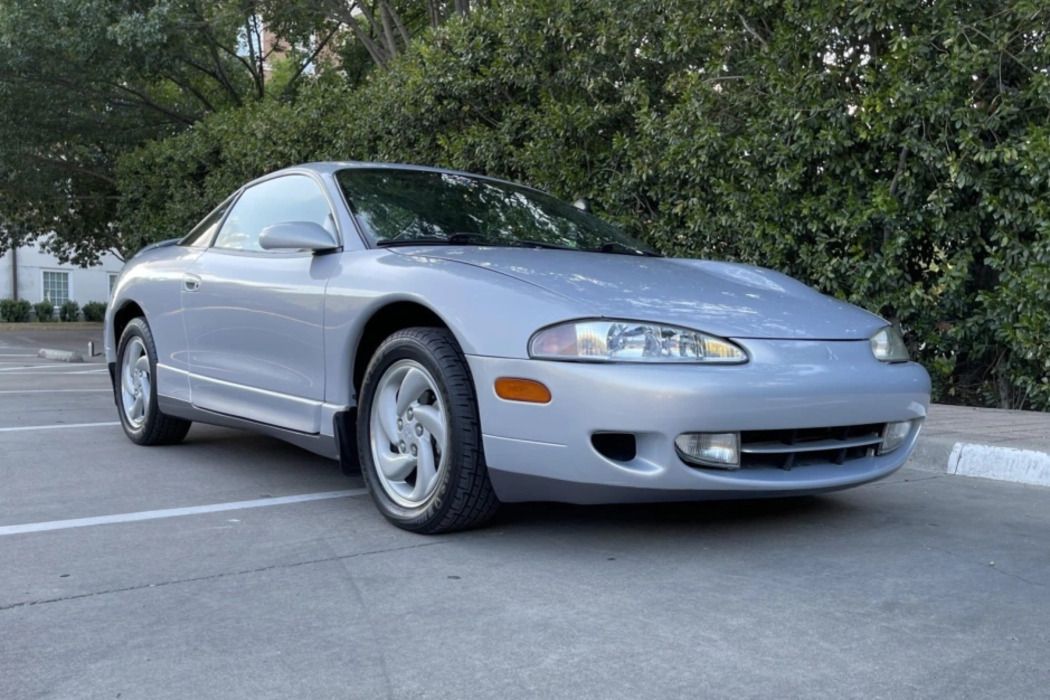Buying a car has always been a luxury that often required months of saving before most people could afford it. Unfortunately, this appears to be getting worse as new car prices rise in response to inflation and the resulting higher production costs. According to data analytics firm JD Power, the average price of a new car rose 4.2% year-on-year in January 2023, leading to growing demand for used cars, with average prices around 30% above pre-pandemic levels.
JP Morgan estimates that used car prices have likely peaked, while new car prices remain high. The New York-based financial services company expects the price of used cars to decline by about 10%, but only 2.5% to 5% for new cars by 2023. Today, the average cost of the affordable sports cars it hovers around $30,000, with the cheapest models between $26,000 and $35,000.
As such, it is wise for sports car owners to learn how to proactively maintain and care for their prized assets. Are sports cars high maintenance? Usually, yes, they are, and that’s because sports cars are high-performance vehicles often subjected to higher stresses that wear out their parts more quickly. So how do you drive your sports car? See helpful tips below.
10 Sports Car Maintenance Tip: Make friends with your owner’s manual
Here is an interesting statistic for you; the average human attention span is 8.25 seconds, which varies from individual to individual and can be affected by factors such as age, environment and type of activity. How about the reading activity? A similar study shows that the average reader has an attention span of only eight seconds.
Meanwhile, these days it’s normal to get a 400 or 500 page manual at the dealership. Not surprisingly, only 58.9% reported reading the owner’s manual of the vehicle they drove most often. Imagine this. Surely, getting to know your sports car intimately is the first step to properly taking care of it. Among other things, you will understand the required maintenance schedule, safety features and everything else.
9 Sports Car Maintenance Tip: Always check for leaks
Checking your sports car’s engine compartment for leaks should be a regimen you do religiously. Within minutes, you would have crawled under your car to investigate the health of the oil pan seals and drain plug.
Most of the time, these leaks indicate a broken or degraded engine gasket. It could also indicate a worn oil seal, leaking oil pan, or a bad connection. You should also use the timing underneath to inspect the timing cover seal and valve cover gaskets.
8 Sports Car Maintenance Tip: Make sure your engine belts are healthy
All sorts of things can go wrong when engine valves don’t open and close in time. The timing belt in your sports car has two main functions: powering and synchronizing the camshaft with the crankshaft, ultimately ensuring that the valves open and close at the right time. But what if the timing belt is worn, broken, weak or defective? Suffice it to say, this is not good for your engine.
In addition to the timing belt, you also have the serpentine belt and the V-belt, all of which are drive belts with critical functions in your vehicle’s engine. Therefore, always monitor the wear (it is inevitable) of the engine belts and do not take them for granted. There is no hard and fast rule about when to replace these belts. The one on newer cars usually lasts 100,000 miles, but ultimately it depends on the vehicle.
7 Sports car maintenance tip: Stick to the 5,000 oil rule
Like engine belts, the required oil change frequency varies by vehicle, vehicle age, oil type, and driving conditions. For example, fully synthetic motor oil can last up to 15,000 miles before changing. Here’s one more reason to make friends with your owner’s manual.
In any case, it used to be the industry standard to change the engine oil every 3,000 miles. However, with modern lubricants, most engines today have recommended oil change intervals of 5,000 to 7,500 miles. It’s what we called the 5,000 oil rule. Another tip: Change the filter along with the oil to ensure proper lubrication and the longevity of your sports car’s engine.
6 Sports Car Maintenance Tip: Other fluids matter just as much
Some drivers focus on the engine oil and never think about other equally important fluids such as brake fluid, automatic transmission fluid level (if applicable), coolant, etc. These fluids, along with engine oil, play a critical role in maintaining the engine. of your precious sports car optimized and prepared for performance.
5 Sports Car Maintenance Tip: When was the last time you changed your spark plugs?
Spark plugs play the critical role of igniting the mixture of fuel and air needed to get the pistons working and the car running. In other words, “bad” or dead spark plugs equal a “dead” sports car.
Don’t get into the habit of putting off replacing worn out spark plugs because not only will they not produce enough spark to start the engine, but they can also cause major damage to your precious asset. Old spark plugs also hurt fuel efficiency. It is recommended to replace the spark plugs every 30,000 miles.
4 Sports Car Maintenance Tip: Tune-ups should be regular, buddy
What we mean here is different from, well, tuning. Of course, if you have the money and time to modify your sports car to improve performance, by all means do it. In fact, we recommend that these sports car mods squeeze out more power and performance than the manufacturer designed them to.
In any case, engine tune-ups are necessary to keep your car running at peak performance and avoid expensive repair bills. Your mechanic should know what parts to replace and other preventative maintenance measures to help prolong the health of your sports car.
3 Sports Car Maintenance Tip: Don’t abuse your sports car
Sure, sports cars are designed for spirited driving, but that’s not an invitation to abuse them. Even if you bought the cheapest sports car on the market, it’s not a ticket to treat it with disrespect just because you bought it cheap.
Caring habits like avoiding potholes and slowing down on downshifts are how you tell your car that you respect its low ground clearance and stiff suspension system. Take the MX-5 Miata, for example. Take care of yourself, and it can take care of you forever.
2 Sports car maintenance tip: Protect your baby’s skin
Does washing your car regularly as part of the maintenance regimen required to prolong the health of your sports car seem insignificant? It shouldn’t be. Washing and waxing will not only make your car look great, but it will also protect the paint and bodywork from the type of damage caused by debris and dirt.
Also, did you know that regularly washing your beloved sports car can help reduce the risk of rust? That’s because regular washing and waxing once or twice a year can help remove elements that cause rust.
1 Sports Car Maintenance Tip: How’s Your Tire Pressure Today?
Why do you prefer running shoes for your morning runs instead of your regular shoes? Because good running shoes help protect your feet, knees, back and joints from injury and potential long-term damage to your body. Likewise, your car needs the right quartet of “shoes” to extend its life and optimize ride quality.
Manufacturers design sports car tires to perform best at certain air pressures. Find out the manufacturer’s recommended air pressure for your specific model and make sure each tire is properly inflated. A tire gauge will help you do this.
Sources: JD Power










.jpg)

